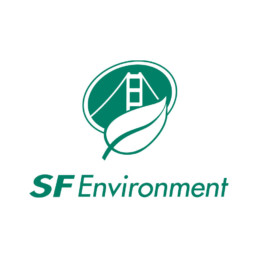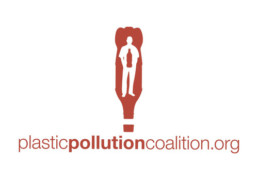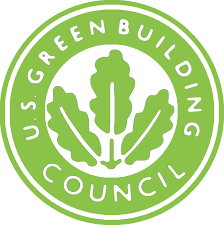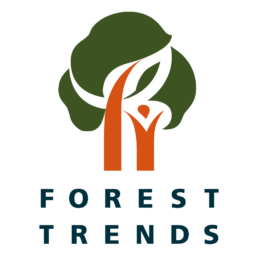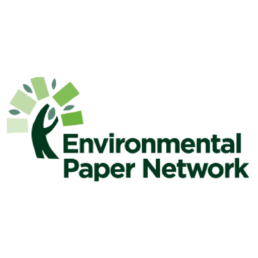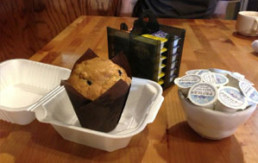Everyday consumer items like paper, packaging, and building materials have a direct impact on forests, which are vital to our planetary survival. Watershed Media’s early books like Building with Vision and Paper or Plastic get to the heart of these issues with both a practical and visionary approach. Good design is always on the lookout for ways to protect landscapes, minimize pollution, re-use materials, optimize energy throughout the life of the product, and end disposability.
Books

THE GUIDE TO TREE-FREE RECYCLED AND CERTIFIED PAPERS
Watershed Media began its activist publication with this handy guide to environmentally preferable papers. Designed in a swatch book format, it contained over 20 different paper stocks along with a compelling case for avoiding papers made from virgin wood fibers. On the day of its publication, 8,500 copies of the books were delivered to graphic designers, who specify significant volumes of paper on behalf of their clients. We never looked back.

BUILDING WITH VISIONoptimizing and finding alternatives to wood
This book connects the residential building trade with its impacts on the forest. Designed for architects, contractors, and homeowners, Building with Vision provides structural solutions for choosing both wood products from well-managed forests as well as high quality alternatives. Graced with over 100 photos and dozens of case studies, this book remains a primer on eco-design. Soon after its publication, the US Green Building Council offered Building with Vision as a benefit for membership.
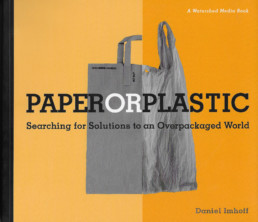
PAPER OR PLASTICSearching for solutions to an Over packaged World
There were no documentaries about floating garbage archipelagos when Watershed Media’s Dan Imhoff and Roberto Carra began researching this book in 2003. Upon publication,Paper or Plastic inspired the Department of the Environment in San Francisco to take action on single-use disposable plastic bags. A decade later, this and other ideas from this seminal book are slowly sweeping the country and have been captured in the documentary film “Bag It.”
Video
HOW YOU CAN HELP
-
Don’t use single-use items:
Tote groceries in a reusable cloth bag, bring your own mug to the coffee shop, avoid take-out packaging and carry a water bottle with you. Simple substitutes like these can have a big impact!
-
Be Aware of Your Ecologic Footprint:
Gauge your consumption patterns and check that they are compatible with your values and hopes for the planet.
-
Know Your Farmer:
Every step of food production from how it is grown, how it is packaged and to how it is delivered to you, has an impact. Become familiar with local producers.
-
Vote With Your Wallet:
Support producers who make a conscious effort to minimize waste, use recycled products, and green production methods.
-
Run an Ecological Household:
Buy in bulk to reduce packaging, carpool, become a backyard composter, reduce the impact of any upgrades or building in your home, grow a garden.
Click here to print a complete list of actions you can take in your everyday life.
COLLABORATORS
